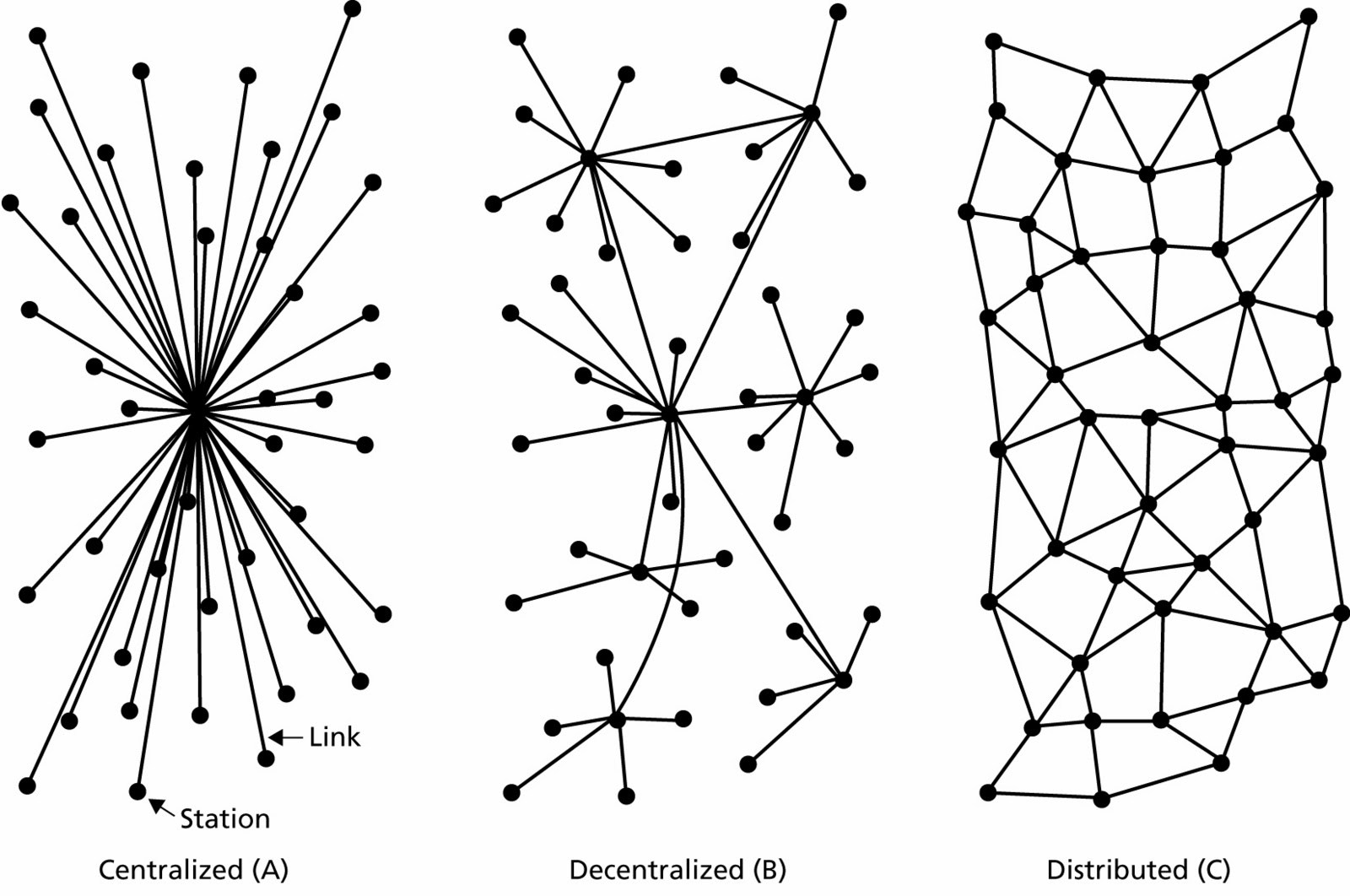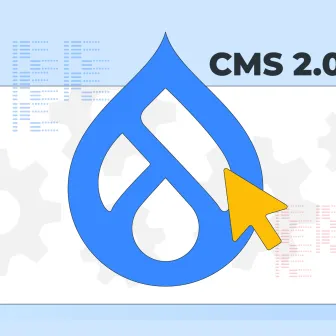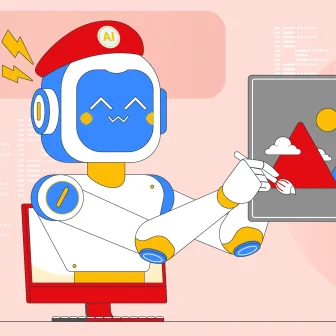Thinking that you cannot innovate with the technology is wide off the mark. You have to break through the straitjacket of its confines and start accepting new ones on the block. As a part of open source community, we, at Opensense Labs, have realised the potential of technology outside the circumference of Drupal for better digital business experiences. That is how we stumbled upon Interplanetary File System (IPFS) - a technology with great potential for the future.
At DrupalCon Nashville 2018, we presented our proposals and possible use cases for the conglomeration of Drupal and Interplanetary File System. Centralization is at the core of Drupal’s workflow as compared to IPFS’ decentralized nature. Then, why did we start exploring the possible benefits of their integration?
What’s wrong with centralization?
One of the objectives of the session was to understand the negative impacts of centralization.

We have been riding on the success of centralized system. It has been a major player in the digitized business organisations and has had an unprecedented role in easing off their governance.
But we can’t overlook the fact that there are repercussions which come with the implementation of business models with a centralized administration.
So we took it as a challenge and tried to highlight the lows of this centralized dependency.
We tried to emphasize how grave the situation might turn out if the central nodes go dark. Be it the issue of posting and sharing seamless content with complete freedom. Or its sluggish nature when multiple devices trying to access data from the same channel leading to speed reduction.
Apparently, there are compromises which we make to ensure that the business goes on. But it should not be at the cost of any critical impact.
This is how we strived to search for a viable solution to all such ordeals. IPFS, which has its working principle based on blockchain technology, can prove to be a great alternative.
Still, in its early stages, Interplanetary File System is here to stay!
Taking a decentralized route
One of our motives in the session was to encourage the open-source community to embrace IPFS.
We have taken our baby steps to understand IPFS better. A protocol for a peer-to-peer method of data sharing, it has innumerable advantages that are sure to raise eyebrows of digital firms.
We presented major benefits that are possibly going to disrupt the way information is accessed and distributed. Everything ranging from the prohibition of content duplication to its cost-effective way of data hosting, we discussed its potential in broadening the horizons of information sharing.
We talked about some of the business enterprises like Uport who have taken a plunge and adopted the decentralized workflow.
Now, it’s your turn to take a detour and adopt this disrupting technology.
Understanding Interplanetary File System
We went a step further and delved into the data structure behind this amazing technology.
We discussed the working of IPFS through a tree structure that showed how the integrity and redundancy of the files are taken care of.
You can check out our presentation for a detailed explanation of such a structure.
Coming back to our main objective of this session, we started pondering over the possible integration of Drupal and Interplanetary File System.
Is that even possible? We did propound a set of ideas for the implementation.
Where does Drupal come into picture?
We looked for ways to make them work in tandem. Drupal, which empowers the content authors to produce content endlessly, can be intertwined with IPFS for an awesome digital experience.
We presented some use cases to make this a reality. Helping Archivists to store cornucopia of data to aiding Service Providers as a global Content Delivery Network (CDN), there are tons of possibilities.
There are, of course, a plenitude of challenges that come with its execution. We touched upon the major differences between the two tech innovations. For instance, unlike Drupal, IPFS has intricacies in its content relationships.
We want the Drupal community to propose a way out and overcome such challenges and make the world a better space.
Conclusion
The digital arena is basking in the comfort of centralized business administration. Our session at DrupalCon Nashville 2018 focussed on the negative impacts of centralization and tried to embolden the open source community to embrace IPFS.
We discussed its working structure and made bullet points of its major merits for business enterprises.
Our primary goal was to integrate both these technologies and infuse the benefits of Drupal in the IPFS.
Join us in brainstorming and reaping the benefits of their amalgamation. Drop in your mail here to understand their implementation for your business.
Subscribe
Related Blogs
Drupal's Role as an MCP Server: A Practical Guide for Developers

"The MCP provides a universal open standard that allows AI models to access real-world data sources securely without custom…
What’s New in Drupal CMS 2.0: A Complete Overview

"Drupal CMS 2.0 marks a significant change in the construction of Drupal websites, integrating visual site building, AI…
Drupal AI Ecosystem Part 6: ECA Module & Its Integration with AI

Modern Drupal sites demand automation, consistency, and predictable workflows. With Drupal’s ECA module, these capabilities…




